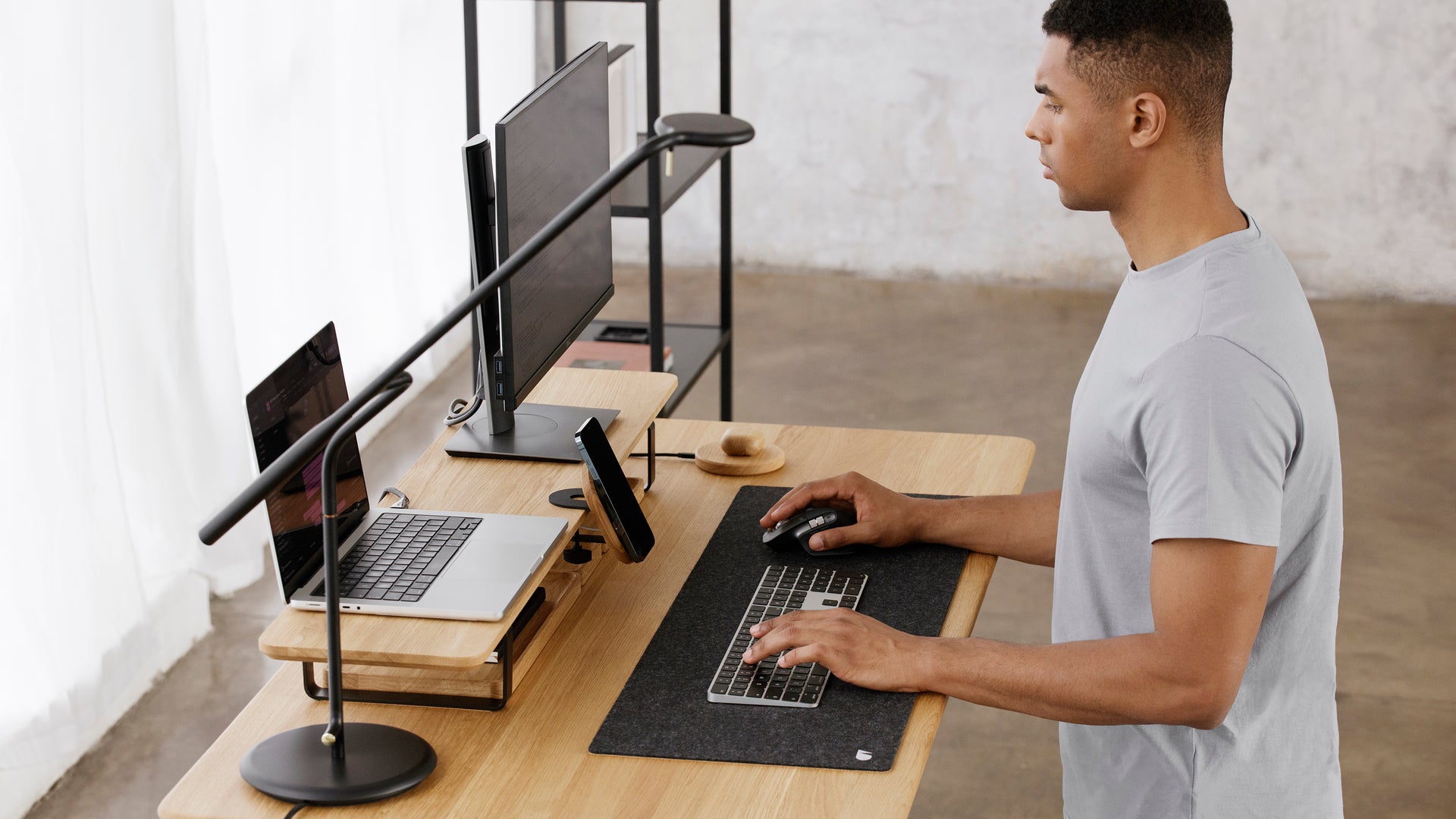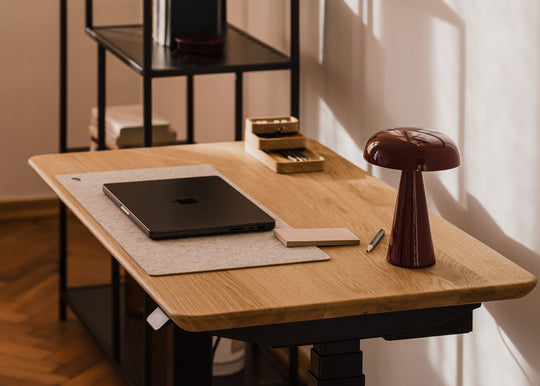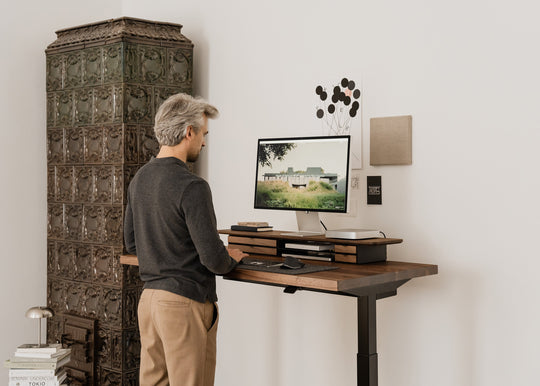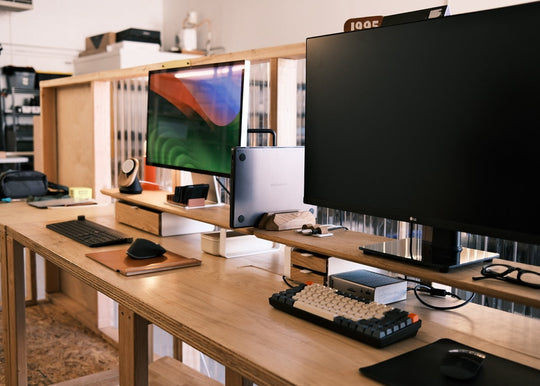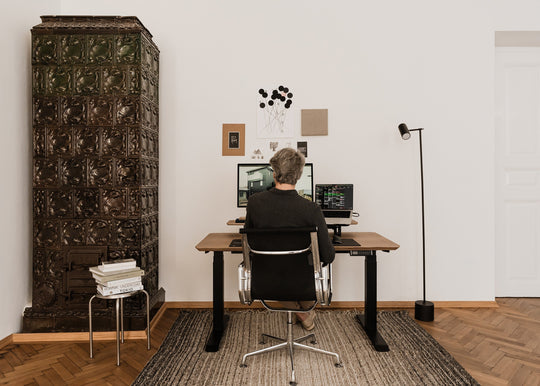The beginning of each year is when our New Year’s resolutions are still freshly exciting, our motivation levels are high, and we feel ready to pursue them with ferocity. Unfortunately, that’s where we often run into problems, especially if our plans are very ambitious and require intensified efforts: we feel pressured to achieve our goals straight away, before our enthusiasm wanes. Is multitasking truly good for our productivity and does it make a useful tool in accomplishing our targets?

Photo by Jonas Leupe on Unsplash
The many sides of multitasking
Although multitasking is commonly associated with the professional sphere, it is an action practically all of us engage in everyday. We often don’t even realize that our attention is split between a bunch of tasks at the same time - especially while using our many devices; smartphones and laptops with dozens of apps and the entirety of the world wide web on demand. Multiple tabs open in the browser, social media notifications flickering in the background, constant pings of WhatsApp messages from friends and coworkers - each of those things competes fiercely for every ounce of your attention. Our fast-paced lives make it increasingly difficult to focus on one thing at a time for an extended period of time.
In the context of new technologies, multitasking is particularly useful in being able to experience them to the fullest. You can listen to an audiobook while simultaneously training at the gym, walking your dog, or cooking; you can automate at least some of your work tasks and juggle a few projects at once; you can also shop online from a bunch of different brands while listening to your favorite podcast. These overlapping activities and experiences can eventually become a problem, a source of stress and pressure, that lead to an increased likelihood of making mistakes, lower mood, and worsening concentration.

Photo by Tran Mau Tri Tam ✪ on Unsplash
How multitasking impacts your brain?
When you start to fully pay attention to something, your prefrontal cortex activates, allowing you to concentrate and complete the task at hand. If you’re dealing with one single task, your brain hemispheres work in harmony. By adding new attention-consuming activities, we force the two hemispheres to work separately, which makes it easier for us to miss details, and forget important things.
According to the research conducted by the Institute National de la Santé et de la Recherche Médicale in Paris, splitting our attention between two simultaneous objectives makes us 3 times more likely to make an error. If this becomes a permanent routine, it could lead to brain damage. To make matters worse, the pressure to multitask coupled with internet addiction increases the likelihood of developing depression, chronic stress, or anxiety disorders.

Photo by Fernando Hernandez on Unsplash
Multitasking versus productivity
Being able to multitask and divide your attention amongst many tasks was supposed to boost productivity and efficiency - job postings list these precise skills as some of their most desirable traits to this day. As it turns out, the opposite might be the truth: multitasking lowers productivity. Bryan College’s research has demonstrated that having employees perform more than one task at a time, generates costs of up to $450 million each year globally.
Ultimately, multitasking causes you to lose more time than you gain. Constantly switching back and forth between different tasks with varying degrees of difficulty, some requiring more care than others, can take up even 40% of your time - time which could be used much more productively. In the time you take to transition from one task to another, you are especially prone to succumbing to the numerous distractions that further divide your attention and increase the time it takes to complete each task.

How to work efficiently when you have a lot to do?
The barrage of daily responsibilities and our fast paced lives force us to involuntarily multitask, believing it is the only way we can manage our workload. Learning to implement mindfulness and conscious concentration into our activities is key. Here are some simple, everyday habits that eliminate the pressure of multitasking and increase productivity:
- set priorities and stick to them by fast tracking tasks that are most important,
- try to concentrate on only one activity for 25 minutes,
- set a specific time in your day for distractions like checking your email, scrolling social media, or reading the news,
- meditate to relax and quieten your mind, restore your capacity for concentration, and lower the risk of becoming distracted,
- set realistic targets and ensure reasonable workload,
- take breaks at work - systematic rest, even a 5 minute break, has a beneficial impact on productivity and creativity.
Your workspace and surroundings play a vital role in maintaining focus and efficiency. Where possible, try to remove or, at least, reduce, all clutter and distractions. Think about how to effectively organize your workspace and equip it with the right furniture: an ergonomic desk or a laptop stand placing your screen at an optimal height can ensure your comfort at work, prevent injuries and, in turn, boost productivity. Our multifunctional smartphone docking station and wooden catchall tray save you the precious time you’d otherwise waste searching for your charger, a pen, or a memory stick. This will make it easier for you to focus on any important matter at hand.
